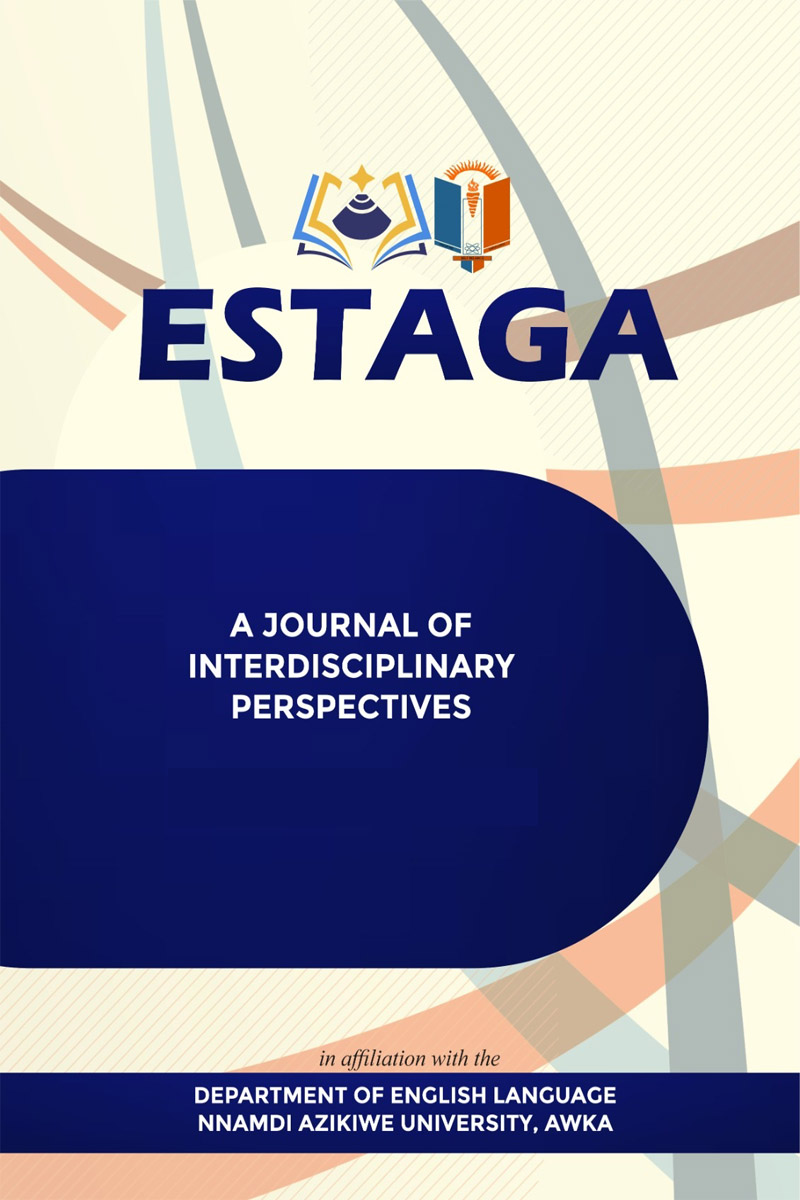Nigeria’s Oil Subsidy Removal: Economic Implications: Assessing the Economic Impact of Removing Oil Subsidies and How it Influences Fuel Prices, Transportation, and Overall Economic Stability
Abstract
The removal of oil subsidies in Nigeria signifies a profound policy shift with intricate economic, social, and political implications (Dauda, 2022). This paper critically examines the multifaceted impacts of this decision, emphasizing the cascading changes in fuel prices, transportation costs, and overall economic stability. Immediate effects are evident, with fuel prices surging, spurring cost-push inflation that reverberates through essential sectors like transportation, agriculture, and manufacturing (NBS, 2024). These changes amplify the cost of living, disproportionately burdening low- and middle-income households, which in turn strains the social fabric. Additionally, the policy has triggered a ripple effect on consumer behavior, labor mobility, and business operations, generating an economic disequilibrium that underscores the broader economy's vulnerability (Ali et al., 2024). In contemplating the long-term horizon, however, the removal of subsidies may yield fiscal advantages, enabling the government to channel resources into critical infrastructure and social programs, potentially fostering a foundation for sustainable growth (World Bank, 2021). For the domestic energy market, this shift offers the prospect of increased investments in refining capacities and the promotion of more energy-efficient consumption patterns, aligning with broader developmental goals. Yet, for these benefits to materialize equitably, complementary policies such as targeted social safety nets and economic diversification strategies emerge as crucial to cushion adverse impacts and guide an inclusive growth trajectory (Dauda, 2022). In essence, this paper provides an in-depth examination of the economic repercussions of Nigeria’s oil subsidy removal, serving as a guide for policymakers and stakeholders as they navigate this complex, transformative phase (IMF, 2022).


